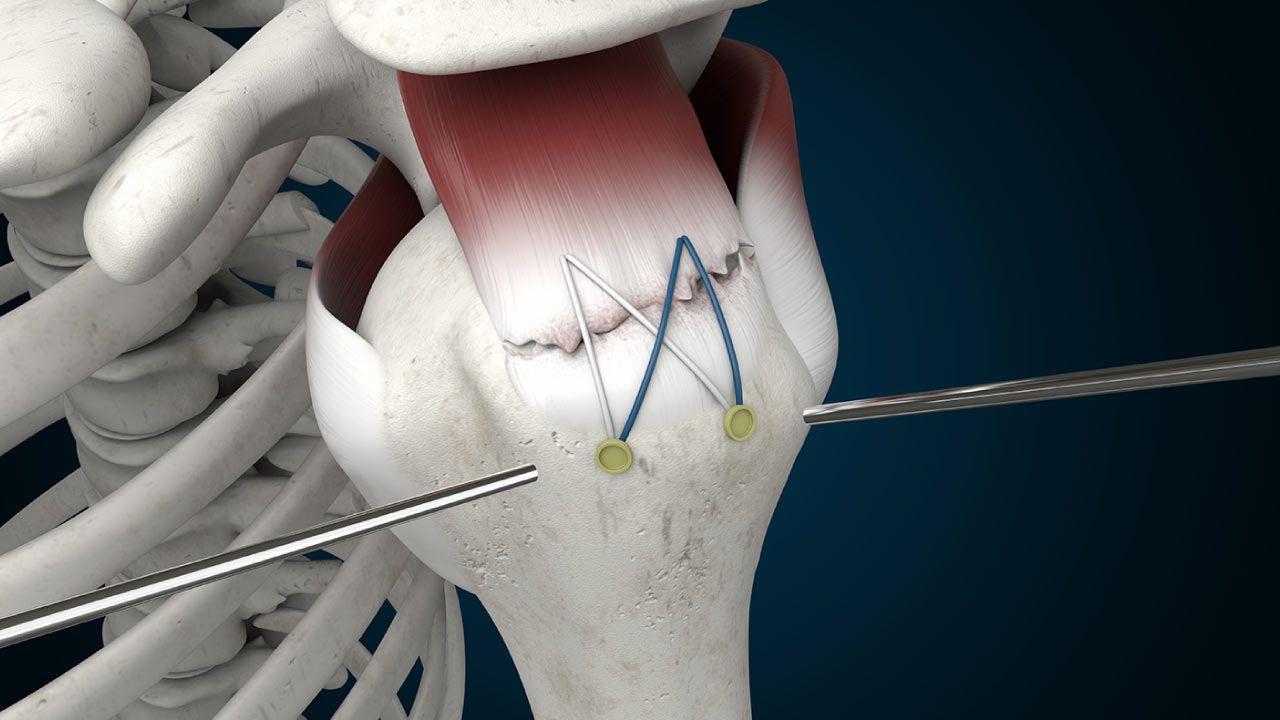Shoulder impingement syndrome, a common cause of shoulder pain, can significantly impact daily activities. In this blog, we will delve into the various treatment options available, ranging from conservative approaches to surgical interventions, helping individuals make informed decisions about managing this challenging condition.
Understanding Shoulder Impingement Syndrome
Definition: Shoulder impingement occurs when the rotator cuff tendons or bursa are compressed within the shoulder joint, leading to pain and limited range of motion.
Causes: Repetitive overhead activities, structural abnormalities, or muscle imbalances can contribute to the development of shoulder impingement.
Conservative Treatment Approaches
Rest and Activity Modification: Give the shoulder time to heal by avoiding activities that worsen symptoms and incorporating rest into the routine.
Physical Therapy: Targeted exercises to strengthen the rotator cuff muscles and improve shoulder mechanics.
Anti-Inflammatory Medications: Nonsteroidal anti-inflammatory drugs (NSAIDs) may be recommended to alleviate pain and reduce inflammation.
Corticosteroid Injections
Pain Management: Injections of corticosteroids into the shoulder joint can provide temporary relief by reducing inflammation and pain.
Combined with Physical Therapy: Injections are often used in conjunction with physical therapy to optimise the effectiveness of treatment.
Surgical Options for Shoulder Impingement
Arthroscopic Decompression: A minimally invasive procedure to create more space in the shoulder joint by removing excess bone or tissue.
Rotator Cuff Repair: If impingement has led to rotator cuff tears, surgery may involve repairing the damaged tendons.
Post-Surgery Rehabilitation
Physical Therapy: Crucial for regaining strength and range of motion post-surgery.
Gradual Return to Activities: Patients typically follow a gradual rehabilitation plan to ensure a safe return to regular activities.
Risks and Considerations
Individualised Approach: Treatment plans, whether conservative or surgical, should be tailored to the individual’s specific condition and needs.
Recovery Time: Understand the expected recovery time and follow post-treatment instructions diligently.
Consultation with Healthcare Professionals
Diagnostic Imaging: Accurate diagnosis through imaging tests helps guide the choice between conservative and surgical interventions.
Informed Decision-Making: Consult with orthopaedic specialists to weigh the benefits and risks of each treatment option based on the severity of the condition.
Shoulder impingement syndrome requires a comprehensive approach to treatment, considering both conservative methods and surgical options. By understanding the available choices, individuals can work with healthcare professionals to develop a personalised plan that aligns with their specific needs, promoting optimal shoulder health and functionality.
Ready to find relief from shoulder impingement? Consult with our experienced orthopaedic specialist Dr. Rishabh Jaiswal today. Your journey to optimal shoulder health begins here. Schedule a consultation now.








